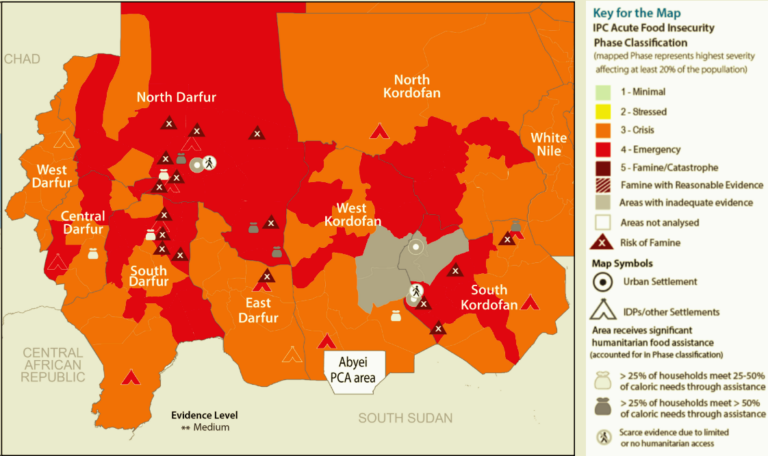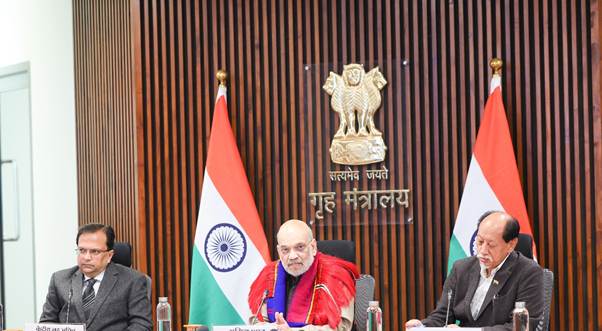
Global equitable access to COVID-19 vaccines estimated to generate economic benefits of at least US$153 bn in 2020-21, and US$466 bn by 2025, in 10 major economies, according to new report by the Eurasia Group
Geneva: As world leaders gather virtually at the Special Session of the General Assembly in response to the COVID-19 pandemic, new data published today finds that leaving low- and lower-middle-income countries (LLMICs) without access to vaccines amid the COVID-19 pandemic will cause significant economic damage that puts decades of economic progress at risk – for both LLMICs and advanced economies alike.
The report by the Eurasia Group, a New York headquartered leading global political risk research and consulting firm, analyses ten major economies – Canada, France, Germany, Japan, Qatar, South Korea, Sweden, United Arab Emirates, United Kingdom and the United States – to assess the economic benefits to advanced economies of contributing to the work of the Access to COVID-19 Tools (ACT) Accelerator.
The ACT Accelerator, led by World Health Organisation (WHO) and partnering with the world’s leading international health organisations, is a unique global collaboration which supports the development and equitable distribution of the tests, treatments and vaccines the world needs to fight COVID-19. However, the programme still has a significant funding gap of US$28.2 billion – with $US 4.3 billion needed urgently to fast-track critical areas of work. If that shortfall isn’t met, low- and low-middle income countries will have delayed access to these vital tools in 2021, which will result in a protracted pandemic, with severe economic consequences, not just for these countries by also for the wider global economy.
The report, which was commissioned by the Bill & Melinda Gates Foundation, finds that the economic benefits of a global equitable vaccine solution alone for the 10 countries included in the analysis would be at least $153 billion in 2020-21, rising to $466 billion by 2025. This is more than 12 times the $38 billion estimated total cost of the ACT Accelerator. This figure was compiled using the expected negative effects of sustained coronavirus outbreaks in LLMICs, based on the downside and baseline scenarios of the IMF’s October 2020 World Economic Outlook forecasts.
So far, the 10 countries featured in the report have contributed $2.4 billion to the work of the ACT Accelerator, with the U.K. committing just over US$ 1 billion, and Germany, Canada, Japan and France committing US$ 618 million, US$ 290 million, US$ 229 million and US$ 147 million respectively.
In the last seven months, the ACT Accelerator has evaluated over 50 diagnostic tests and developed new rapid antigen diagnostics and made them available for LMICs; life-saving Dexamethasone treatments are being rolled out, research into monoclonal antibody treatments is advancing; and through the Health Systems Connector, the health system requirements for delivery of COVID-19 tools have been mapped in 4 out of 6 world regions.
COVAX, the Vaccines Pillar of the ACT Accelerator, has the world’s largest and most diverse portfolio of vaccines. It aims to accelerate the development and manufacture of COVID-19 vaccines, and to guarantee fair and equitable access for every participating country. Working with 189 countries, COVAX is supporting the development of 9 vaccine candidates through CEPI, 8 of which are in clinical trials. COVAX has secured hundreds of millions of doses of three promising candidates, including at least 200 million doses for LICs, with the support of the Bill & Melinda Gates Foundation.
This new report emphasises the funding urgency and the return on investment for donor countries of the work of the ACT Accelerator, which published its Urgent Priorities and Financing Requirements on November 10.
– globalbihari bureau





